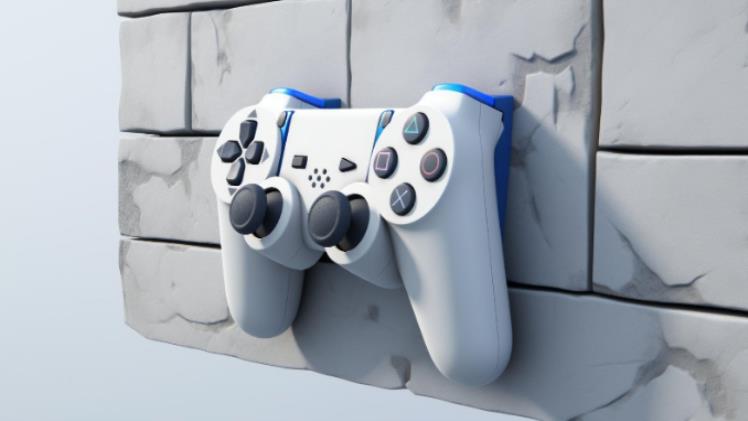A Thriller That Feels Too Close to Home
Netflix’s newest psychological thriller, The Edge, is gripping audiences with its chilling take on digital addiction and mental manipulation. The story follows a young tech worker who gets drawn into an underground world of high-stakes decision-making games, where every move feels like a gamble and every reward comes with a cost. As the line between game and reality blurs, viewers are left questioning what’s real and what’s just another level. With its eerie resemblance to real-life platforms like Azurslot Casino New Zealand, the show hits close to home for anyone familiar with online gaming culture.
The Game That Controls You
At the center of The Edge is a mysterious app that selects only certain users to play. Once inside, players receive challenges that test their logic, reflexes, and willpower. Win, and you earn rewards — sometimes money, sometimes secrets. Lose, and the consequences get personal.
What starts as a fun distraction becomes an obsession. Players begin losing sleep, ignoring relationships, and even breaking laws to stay in the game. It’s not hard to see the parallels with real-world gambling apps that offer similar thrills — and similar traps.
Real-Life Triggers in Fiction
One of the most disturbing aspects of the show is how realistic it feels. The app uses notifications, timed challenges, and personalized offers — all tactics used by real platforms to keep users engaged. Some characters even receive exclusive casino bonuses that make them feel special, chosen.
This targeted approach makes the game feel tailored to each player, increasing emotional investment. And once someone feels connected to a system, it becomes harder to walk away — even when things go wrong.
Casino Bonuses: A Gateway to Obsession
Midway through the season, the main character receives a message: “Claim your bonus spins now!” It’s a moment many real players recognize — that instant nudge from an app designed to pull you back in after a break.
In the show, these bonuses aren’t just incentives — they’re tools of control. Each one locks the user deeper into the game’s web, making escape more difficult. In real life, casino bonuses can have the same effect, especially when tied to spending thresholds or time-sensitive conditions that pressure users into playing more than planned.
The Psychology Behind the Play
The Edge doesn’t just entertain — it explores why people fall for these systems. Experts featured in the show explain how intermittent rewards, social proof, and personalization create powerful psychological hooks.
These are the same principles behind many modern apps, including popular online casinos. By offering small wins, celebrating near-misses, and giving players a false sense of control, platforms can keep users coming back, often without them realizing how deep they’ve gone.
Mirroring Real-World Risks
While The Edge is fiction, its themes mirror growing concerns about digital addiction and manipulative design. Many critics argue that some online platforms — including gambling sites — use similar mechanics to encourage dependency.
Regulators have started pushing for clearer warnings, opt-out features, and limits on push notifications. But for now, the responsibility often falls on users to recognize when they’ve played too long or spent too much.
How the Show Reflects Azurslot Casino New Zealand
Though the show never names specific platforms, fans have pointed out clear similarities between the fictional app and real services like Azurslot Casino New Zealand. Both offer sleek interfaces, real-time rewards, and a steady stream of content designed to keep players engaged.
Some scenes even mimic the visual style of mobile gambling apps, using flashing lights, celebratory sounds, and progress bars to reinforce the illusion of success, even when the player is losing overall.
The Fine Line Between Fun and Fixation
What makes The Edge so compelling is its ability to reflect everyday behaviors in a dramatic light. Watching a character lose grip on reality might seem extreme — until you realize how many people check their phones dozens of times a day for no reason other than habit.
Digital engagement isn’t inherently bad, but when it starts shaping decisions, moods, and finances, the line between entertainment and addiction begins to blur.
Why Audiences Are Talking
Since its release, The Edge has sparked conversations across social media, streaming forums, and psychology circles. Viewers are sharing personal stories, debating ethical design, and questioning their digital habits.
Some say the show should come with a warning label. Others argue it’s exactly the kind of wake-up call needed in today’s always-connected world. Either way, the conversation around digital influence is only getting started.
More Than Just Entertainment
The Edge is more than just a thriller — it’s a mirror. A reflection of how easily we can be pulled into systems designed to keep us engaged at any cost. Whether it’s through a fictional app or a real casino bonus, the thrill always starts small.
And that’s what makes the show so unsettling, because for many, the game never really ends. It just keeps spinning in the background, waiting for the next tap.
